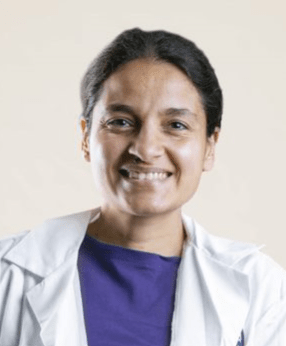Accreditation and Rankings
Carson-Newman University is regionally accredited by the Southern Association of College and Schools Commission on Colleges.
Carson-Newman’s MSN-FNP programs are accredited by the Commission on Collegiate Nursing Education (CCNE) and are approved by the Tennessee Board of Nursing.
Carson-Newman University has also been ranked No. 13 in Best Value Schools, No. 34 in Best Colleges for Veterans, No. 76 in Regional Universities South, a Best Online Master's Nursing Program (2020), and No. 68 as a Top Performer on Social Mobility (2021) by U.S. News & World Report.
About Carson-Newman
Founded in 1851, Carson-Newman is a nationally ranked liberal arts university. An online, yet personal, learning environment connects you with fellow students, faculty and staff for a learning experience like no other. Faith and learning are combined to create an evidence-based Post-Master’s FNP Certificate program designed to transform you into an advanced practice nursing professional. Through its online program and student-centric curriculum, Carson-Newman provides a life-changing education where students come first.
Why Carson-Newman Online?
- Rich and engaging history dating back to 1851
- Regionally accredited by the Southern Association of College and Schools and approved by the Tennessee Board of Nursing
- Ranked Among Best Nursing Schools: Master’s - U.S. News & World Report, 2019
- Ranked Among Best National Universities - U.S. News & World Report, 2019
- Ranked Among Best Online Master’s in Nursing - U.S. News & World Report, 2020
- Ranked Among Top Performers on Social Mobility - U.S. News & World Report, 2021
To be the Christian liberal arts-based university of choice in the Southeast for education and service.
Our mission as Christian educators is to help our students reach their full potential as educated citizens and worldwide servant-leaders.
Founded in biblical conviction by a group of Baptist Leaders in 1851, Carson-Newman University was built on the intent to “promote education in general, and among the ministry in particular.” Over 150 years later, Carson-Newman has evolved and grown in size and offerings, yet our commitment to academic rigor and the education of servant-leaders called by God remains constant. Carson-Newman is Christ-centered and in partnership with several Baptist organizations, committed to sustaining an enriching academic curriculum that fosters professional, personal, and spiritual growth.
Contact an Admissions Advisor
Schedule an appointment with one of our dedicated enrollment advisors today to get more information about:
- Our program
- The application process
- Clinical placement services
- Our student support structure
 “One thing that caught my attention to come to this program is that the school assists you in helping to find a preceptor site. A lot of the other schools that I tried to attend don't help you, so that was a roadblock for myself and other students that I've spoken to. So that's a huge advantage of going to Carson-Newman. And also, I think that it's just more personalized and also affordable.”
“One thing that caught my attention to come to this program is that the school assists you in helping to find a preceptor site. A lot of the other schools that I tried to attend don't help you, so that was a roadblock for myself and other students that I've spoken to. So that's a huge advantage of going to Carson-Newman. And also, I think that it's just more personalized and also affordable.”
- Marticiesol Lewis-Alcindor (Post-Master’s FNP Certificate Program Student)
 “One thing that caught my attention to come to this program is that the school assists you in helping to find a preceptor site. A lot of the other schools that I tried to attend don't help you, so that was a roadblock for myself and other students that I've spoken to. So that's a huge advantage of going to Carson-Newman. And also, I think that it's just more personalized and also affordable.”
“One thing that caught my attention to come to this program is that the school assists you in helping to find a preceptor site. A lot of the other schools that I tried to attend don't help you, so that was a roadblock for myself and other students that I've spoken to. So that's a huge advantage of going to Carson-Newman. And also, I think that it's just more personalized and also affordable.”